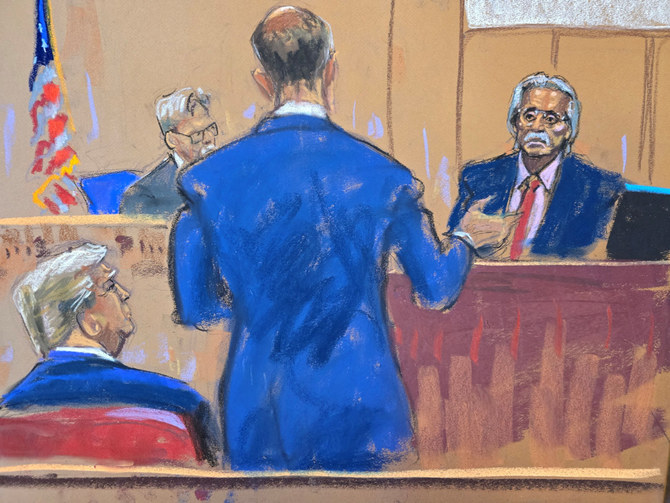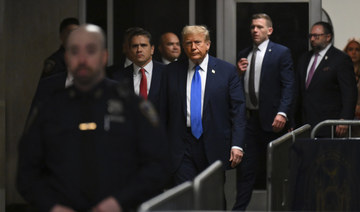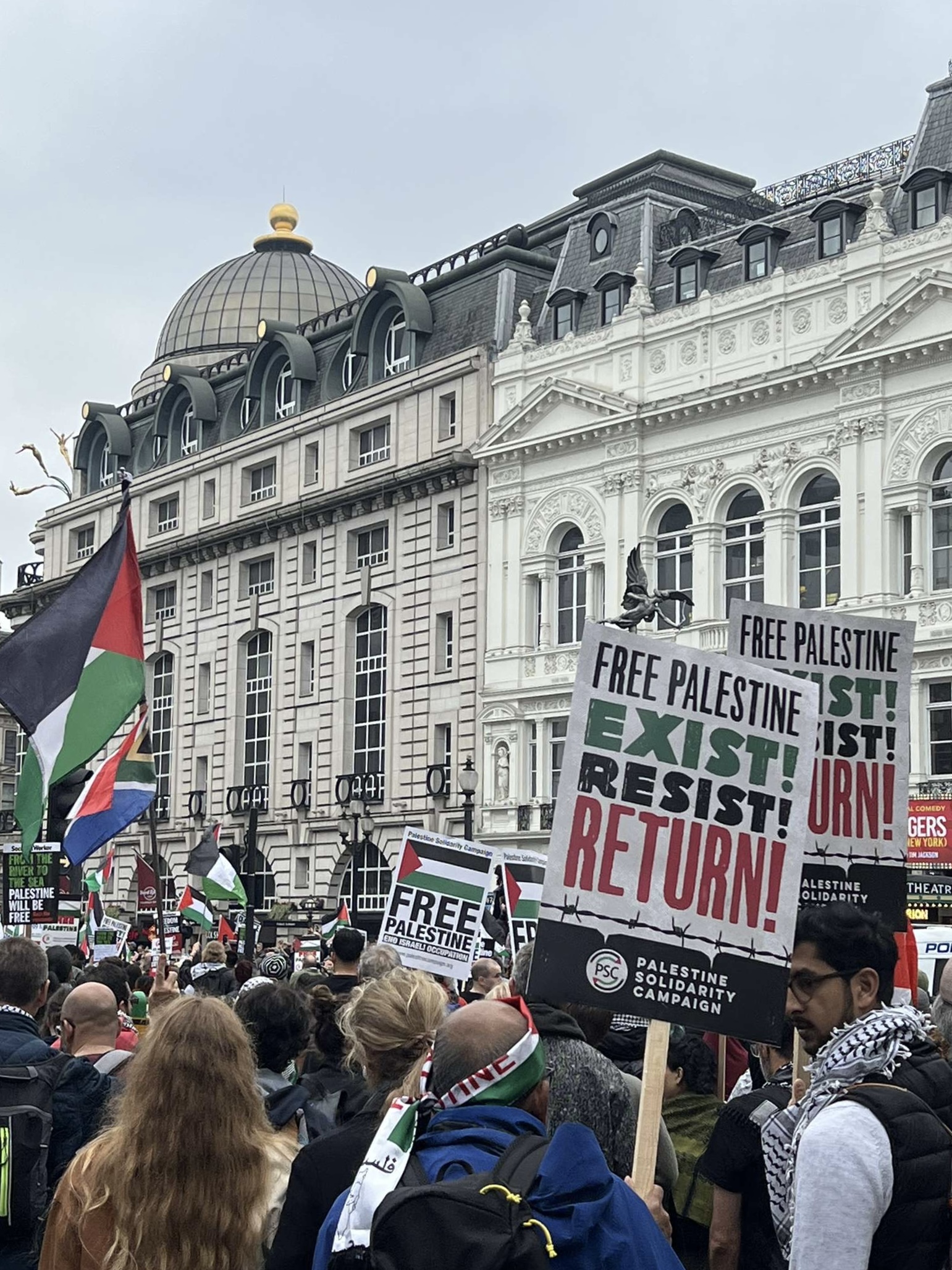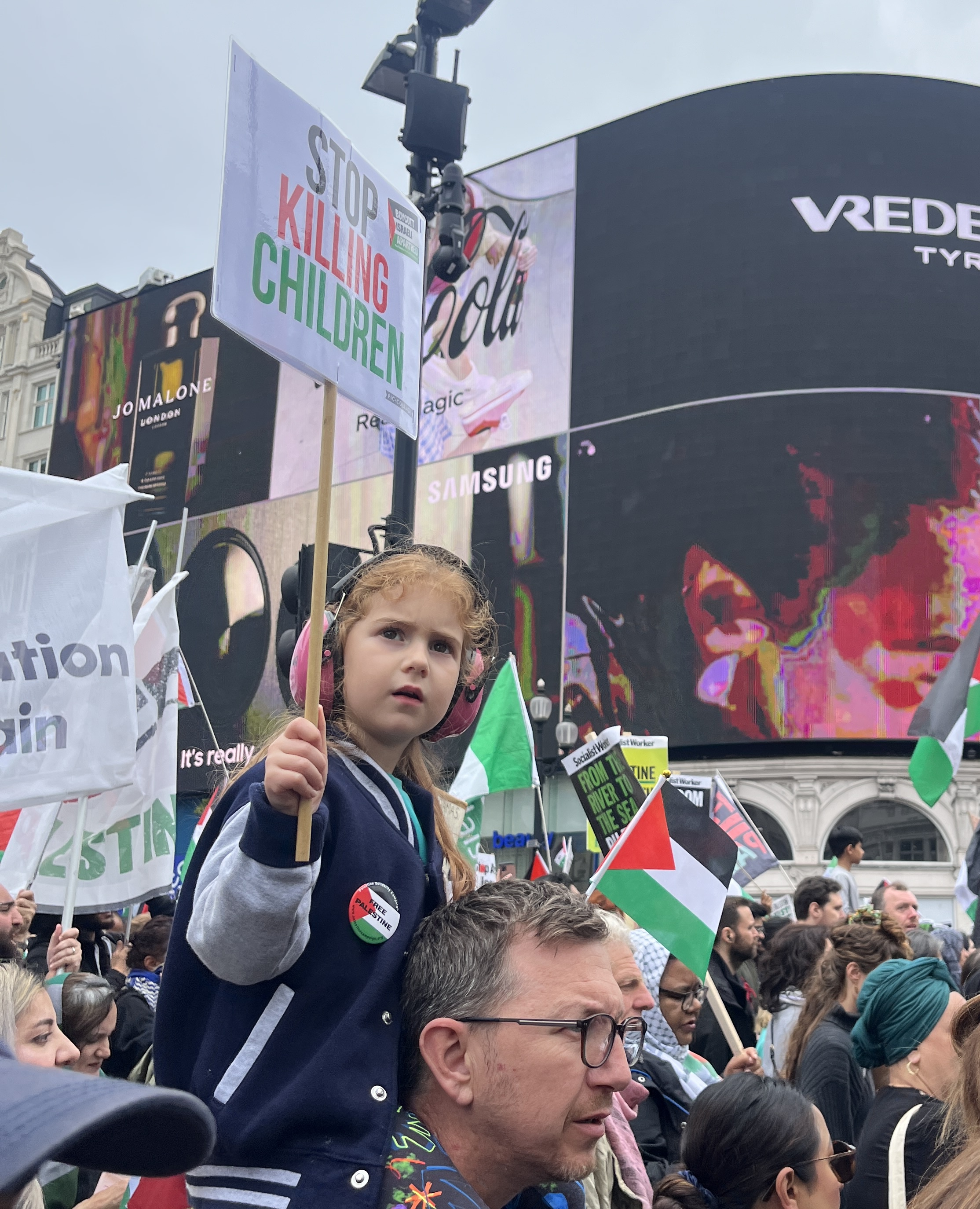NEW YORK: As Donald Trump was running for president in 2016, his old friend at the National Enquirer was scooping up potentially damaging stories about the candidate and paying out tens of thousands of dollars to keep them from the public eye.
But when it came to the seamy claims by porn performer Stormy Daniels, David Pecker, the tabloid’s longtime publisher, said he put his foot down.
“I am not paying for this story,” he told jurors Thursday at Trump’s hush money trial, recounting his version of a conversation with Trump’s former lawyer Michael Cohen about the catch-and-kill scheme that prosecutors alleged amounted to interference in the race. Pecker was already $180,000 in the hole on other Trump-related stories by the time Daniels came along, at which point, he said, “I didn’t want to be involved in this.”
Pecker’s testimony was a critical building block for the prosecution’s theory that their partnership was a way to illegally influence the 2016 presidential election. The Manhattan district attorney is seeking to elevate the gravity of the history-making first trial of a former American president and the first of four criminal cases against Trump to reach a jury.
Trump’s lawyers also began their cross-examination of Pecker, using the time to question his memory of years-old events and to suggest his account had evolved over time.
But the hush money trial was just one of the consequential legal matters facing the Republican presidential candidate on Thursday.
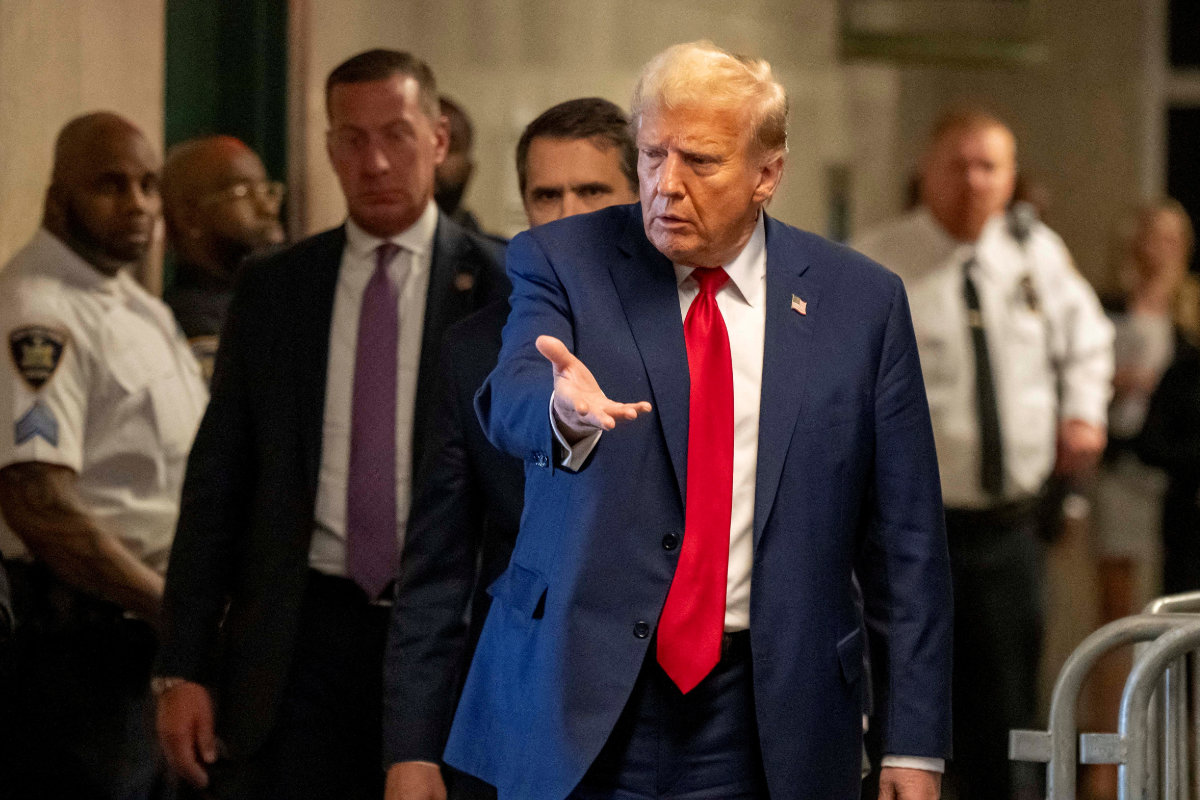
Former President Donald Trump speaks to members of the media at Manhattan Criminal Court in New York on April 25, 2024. (Pool photo via REUTERS)
The US Supreme Court also heard arguments over whether Trump should be immune from criminal prosecution while he was the president, stemming from federal charges over his efforts to reverse his 2020 election loss to Joe Biden. The high court justices appeared likely to reject his claims of absolute immunity, though it seemed very possible that trial could be delayed beyond November’s election.
Trump’s many legal problems collided this week. The hush money case includes a looming decision on whether he violated a gag order and should be held in contempt. His former lawyers and associates were indicted in a 2020 election-related scheme in Arizona. And a New York judge rejected a request for a new trial in a defamation case that found Trump liable for $83.3 million in damages.
But the former president has a long history of emerging unscathed from sticky situations — if not becoming even more popular.
The Supreme Court’s decision will have lasting implications for future presidents, because the justices were seeking to answer the never-before-asked question of whether and to what extent does a former president enjoy immunity from prosecution for conduct during his time in office. But it may not impact the New York City case, which hinges mostly on Trump’s conduct as a presidential candidate in 2016 — not as a president.
Trump had asked to skip his New York criminal proceedings for the day so he could sit in on the Supreme Court’s special session, but that request was denied by Judge Juan M. Merchan, who is overseeing Trump’s trial on 34 felony counts of falsifying business records in connection with the hush money payments, which involved buying the rights to someone’s story but never publishing it.
“I think the Supreme Court has a very important argument before it today,” Trump said outside the courtroom. “I should be there.”
Instead, he sat at the defense table in a Manhattan courtroom with his lawyers, listening intently to Pecker testify how he and his publication parlayed rumor-mongering into splashy stories that smeared Trump’s opponents and, just as crucially, leveraged his connections to suppress unflattering coverage.
Trump has maintained he is not guilty of any of the charges, and says the stories that were bought and squelched were false.
“There is no case here. This is just a political witch hunt,” he said before court in brief comments to reporters.
As Pecker testified in a calm, cooperative tone about risque tales and secret dealings, the atmosphere in the utilitarian 1940s courtroom was one of quiet attentiveness. Two Secret Service agents were stationed in the first row of the courtroom gallery directly behind Trump. Ten court officers stood around the room. Jurors intently listened, and some took notes.
Pecker recalled that the publication bought a sordid tale from a New York City doorman and purchased accusations of an extramarital affair with former Playboy model Karen McDougal to prevent the claims from getting out. There was some talk of reimbursement from Trump’s orbit, but Pecker was ultimately never paid.
The breaking point came with Daniels, who was eventually paid by Cohen to keep quiet over her claim of a 2006 sexual encounter with Trump. The ex-president denies it happened.
Pecker recalled to the jury that he was dining with his wife the night after the public learned of the infamous 2005 “Access Hollywood” tape in which Trump discussed grabbing women sexually without permission, when then-editor Dylan Howard called with an urgent matter.
Howard said he heard from Daniels’ representatives that she was trying to sell her story and that the tabloid could acquire it for $120,000, Pecker told jurors. Pecker was tapped out; he told Cohen as much.
At the same time, Pecker advised that someone — just not him — should do something to prevent the story from going public.
“I said to Michael, ‘My suggestion to you is that you should buy the story, and you should take it off the market because if you don’t and it gets out, I believe the boss will be very angry with you.’”
Cohen followed his advice.
Pecker testified that Trump later invited him to a White House dinner in July 2017 to thank him for helping the campaign. The ex-publisher said Trump encouraged him to bring anyone he wanted, recounting that the then-president told him, “It’s your dinner.”
Pecker said that he and Howard, as well as some of his other business associates, posed for photos with Trump in the Oval Office. Pecker said others at the dinner included Trump son-in-law Jared Kushner and press adviser Sean Spicer.
At one point during the evening, Pecker said Trump asked him for an update on Karen McDougal.
“How’s Karen doing?” he recalled Trump saying as they walked past the Rose Garden from the Oval Office to the dining room.
“I said she’s doing well, she’s quiet, everything’s going good,” Pecker testified.
But months later, in March 2018, the president became furious when McDougal gave an interview to CNN’s Anderson Cooper, Pecker testified.
“I thought you had and we had an agreement with Karen McDougal that she can’t give any interviews or be on any TV channels,” Trump told Pecker by phone, the former National Enquirer publisher said.
He said he explained to the then-president that the agreement had been changed to allow her to speak to the press after a November 2016 Wall Street Journal article about the tabloid’s $150,000 payout to McDougal.
“Mr. Trump got very aggravated when he heard that I amended it, and he couldn’t understand why,” Pecker told jurors.
Later, Trump defense attorney Emil Bove opened his cross-examination by grilling Pecker on his recollection of specific dates and meanings. He appeared to be laying further groundwork for the defense’s argument that any dealings Trump had with the National Enquirer publisher were intended to protect himself, his reputation and his family — not his campaign.
In other developments, prosecutors argued Trump again violated a gag order, all while waiting to hear whether he would be held in contempt on other suspected violations. Merchan has barred the GOP leader from making public statements about witnesses, jurors and others connected to the case. He set a hearing for next Thursday on the new claims.
Trump was dismissive about the looming decision. When asked by reporters if he would pay fines if ordered, he replied, “Oh, I have no idea.” He then said, “They’ve taken my constitutional right away with a gag order.”
A conviction by the jury would not preclude Trump from becoming president again, but because it is a state case, he would not be able to pardon himself if found guilty. The charge is punishable by up to four years in prison — though it’s not clear if the judge would seek to put him behind bars.



